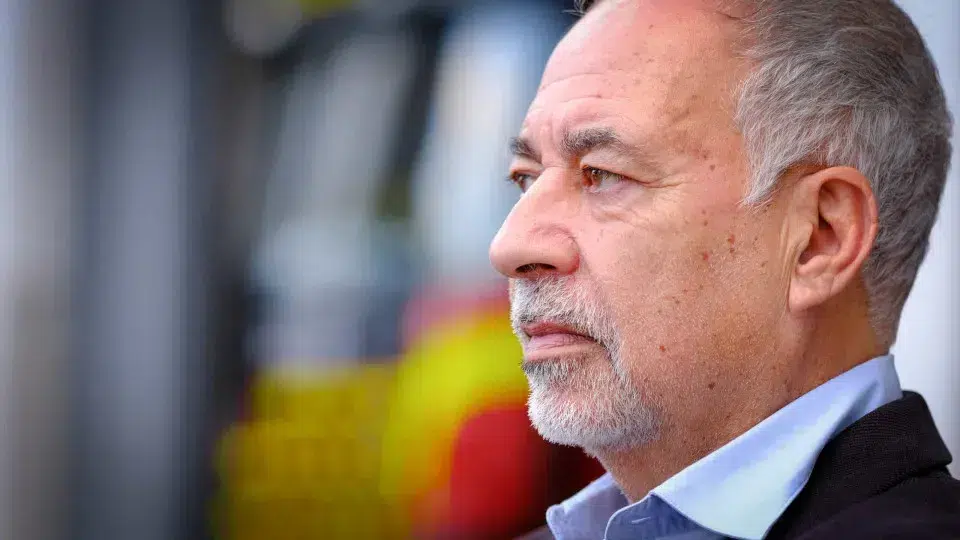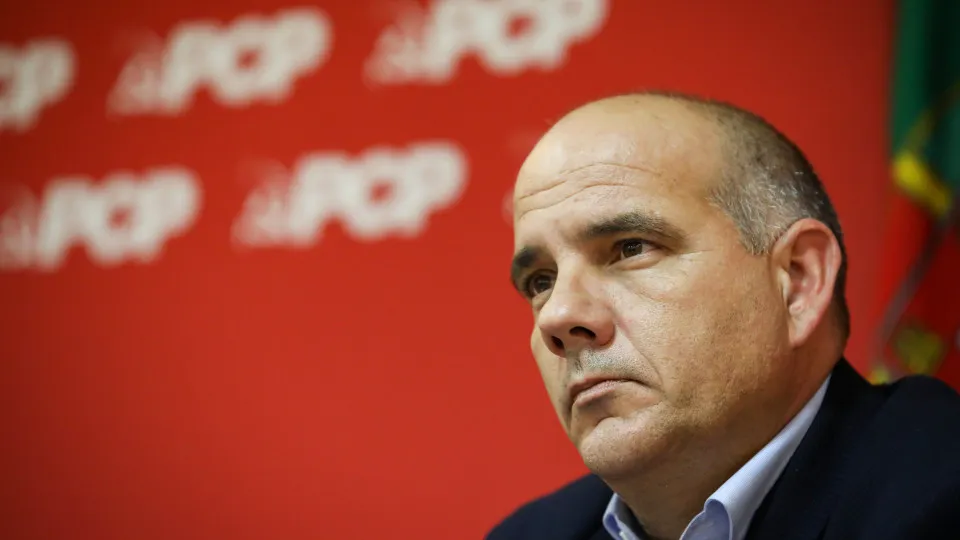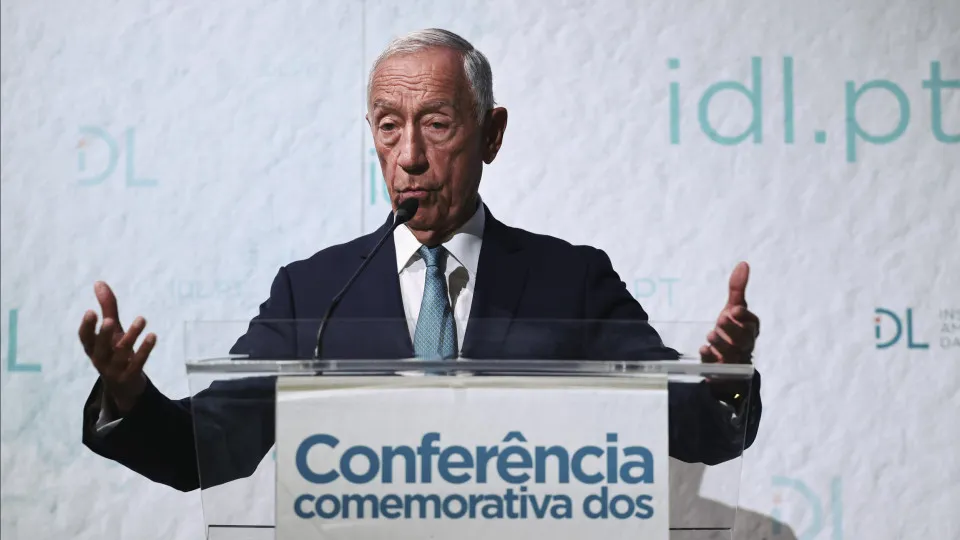
Following the national council meeting of the LBP, the association’s president, António Nunes, stated that if the upcoming meeting fails to resolve existing issues, the congress may decide on a “period of time […] where firefighters will stop.”
“Initially in a possibly symbolic manner and eventually in a more extensive way,” the LBP president added, noting that the patience requested from the government or Parliament “is exhausted.”
Nunes explained that the congress would determine the specifics of a blockade, which could mean firefighters would remain in their station for five, ten minutes, or a quarter of an hour, except in vital situations.
Expressing the firefighters’ discontent, Nunes mentioned potential street protests near sovereign bodies or leaving helmets on the steps.
According to Nunes, if extreme measures that might harm communities and citizens are necessary, the responsibility lies not with the League, corporations, associations, or firefighters, but rather with “political agents who failed to resolve” these issues.
The proposals, approved unanimously, will be compiled into a summary sent to the President of the Republic, the Speaker of the Parliament, the Prime Minister, the Ministers of Internal Administration, Health, Economy, and Territorial Cohesion, the Secretary of State for Civil Protection, and parliamentary groups, via registered mail with acknowledgment.
The summary’s proposals include changing the State Budget for 2026 to increase the allocation for firefighters and revising fees for urgent and non-urgent patient transport due to the rise in the national minimum wage.
The expected allocation for volunteer fire departments in the 2026 State Budget is about 37 million euros, 2.2 million more than this year.
The League advocates for a minimum of 49.38 million euros to be transferred next year, based on risk and activity criteria for each department.
The 2026 State Budget plans a 12-million-euro cut for non-urgent patient transport, which the League opposes as firefighters were not consulted.
Some proposals, Nunes noted, were presented over “one or two years ago” and included in past and current government electoral programs.
LBP’s president highlighted dissatisfaction with the absence of a firefighter employment statute with humanitarian associations and appropriate compensation.
Nunes pointed out that complaints stem from being overlooked compared to other security forces and medical professions, like doctors and nurses.
“Nurses and doctors strike, we transport patients to hospitals requiring intervention within twenty minutes and wait 12 hours,” he emphasized.
Nunes indicated that after over 100 days of the current government, demands now come from firefighters themselves, who as volunteers “only show up at the station if they choose to.”
“Given the problem’s scale, there’s definitely room to resolve it. We’re discussing only a few million euros, far from full professionalization,” he added, estimating the latter would cost around 2.5 billion euros.
The LBP seeks autonomy in line with Civil Protection, “like other agents,” which Nunes considers “reasonable,” as well as establishing a firefighter status, including rights, duties, and a “social statute for firefighters.”
Simultaneously, Nunes asserted that firefighters should not depend on municipal councils.




